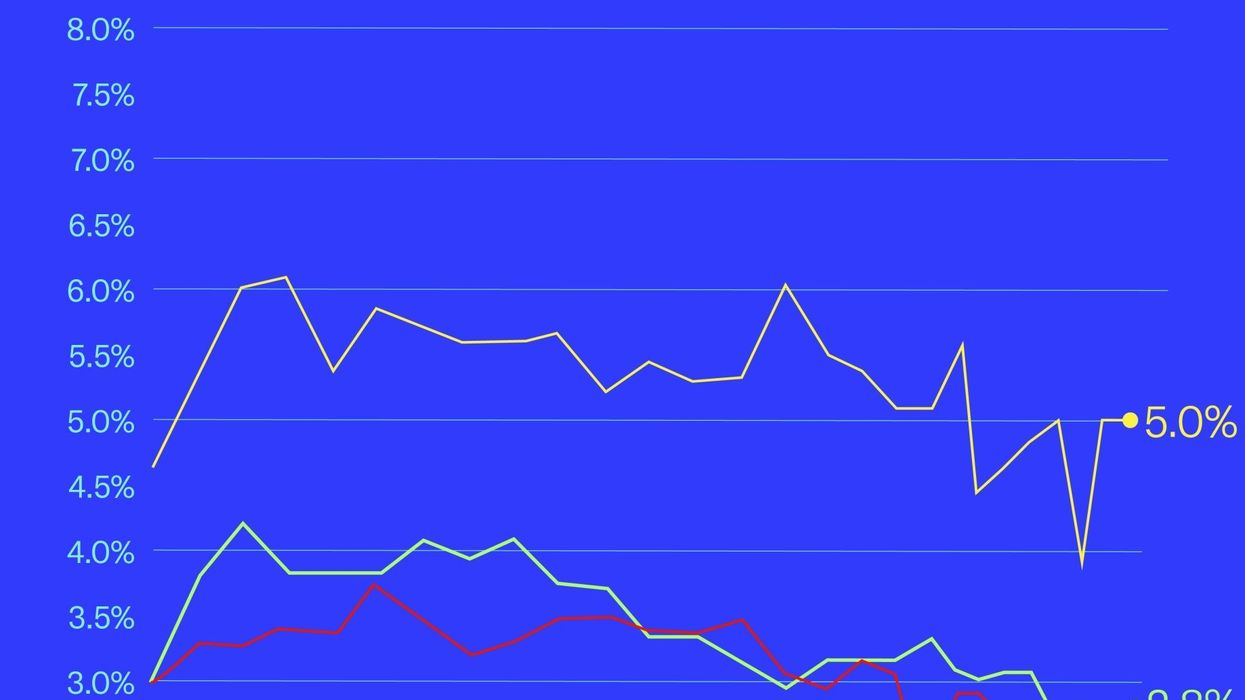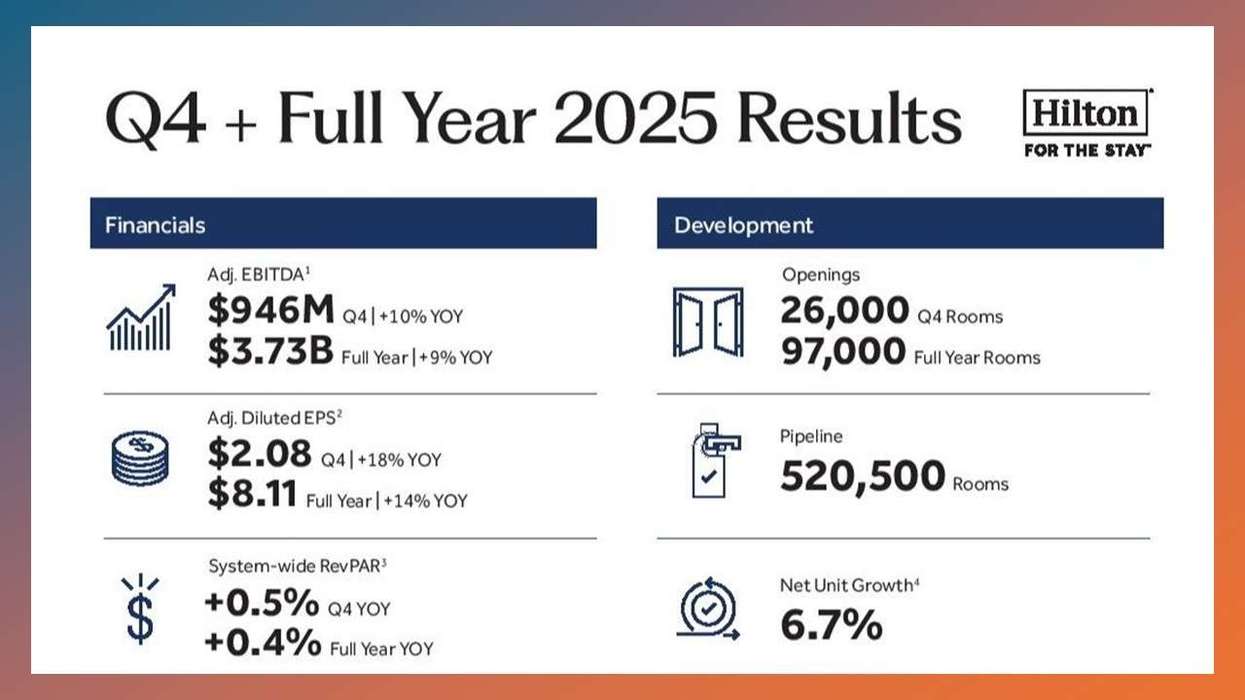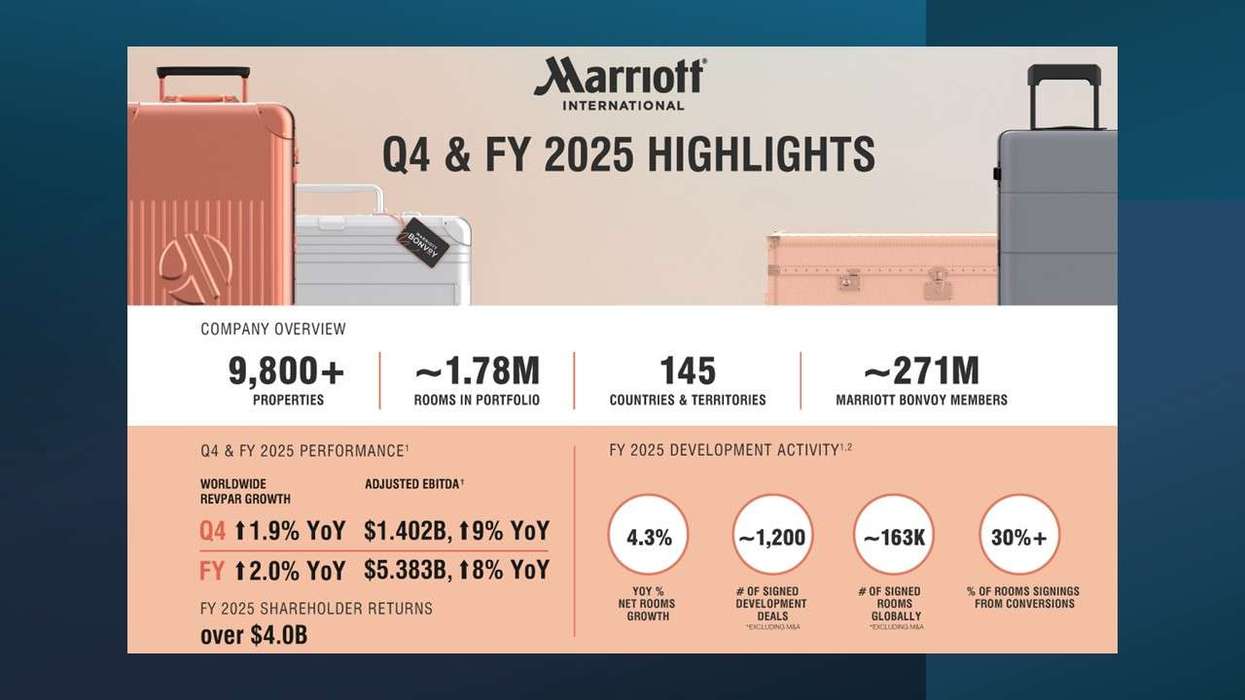U.S. HOSPITALITY SECTOR has consistently maintained the highest quit rates by workers among all industries, consistently exceeding 4.5 percent since July 2021, according to the U.S. Chamber of Commerce. However, the leisure and hospitality sector maintained the highest hiring rate among all industries, fluctuating between 6 percent and nearly 19 percent.
These industries saw a loss of 837 thousand workers in September, yet 1.1 million individuals were hired into the industry during the same month.
This hiring rate exceeds the national average, which was 3.7 percent in September 2023, the U.S. Chamber of Commerce said in its latest report titled Understanding America’s Labor Shortage: The Most Impacted Industries. The latest jobs report from the Bureau of Labor Statistics reveals a positive influx of individuals into the workforce.
However, labor force participation has yet to reach pre-pandemic levels due to various reasons, the U.S. Chamber of Commerce said. Jobs with fully in-person requirements and traditionally lower wages faced increased challenges in retaining workers, even predating the pandemic.
Restoring the labor force participation rate to its February 2020 level would have added an extra 1.47 million people to the workforce as of September, the report added.
“This shortage is affecting all industries in nearly every state. Even if every unemployed worker filled an open job within their industry, millions of job positions would remain unfilled, underscoring the pervasive labor shortage,” the report said.
U.S. unemployment rate at 3.8 percent
A healthy unemployment rate typically ranges from 3 percent to 5 percent in the U.S., the Chamber said. As of September 2023, the national average unemployment rate is 3.8 percent, encompassing 6.4 million individuals with diverse experience across various industries.
All industries presently have job openings, actively pursuing new hires, the report said. The hiring rate varies significantly between industries, with some sectors rapidly bringing in a larger number of new employees compared to others. Industries with below-average unemployment rates face a scarcity of experienced candidates for their job openings, intensifying competition among businesses as they vie for the limited pool of available talent.
Take the mining and logging industry, comparatively small in employment size. From January to September 2023, it hired the fewest workers, totaling 234,000. This contrasts with the leisure and hospitality sector and the professional and business services sector, both hiring around 10 million employees in the same period.
In June, an AHLA survey showed that over 80 percent of hotels are contending with a labor shortage. This persists despite respondents' initiatives to address the issue through wage increases, flexible working hours, and enhanced employee benefits.






